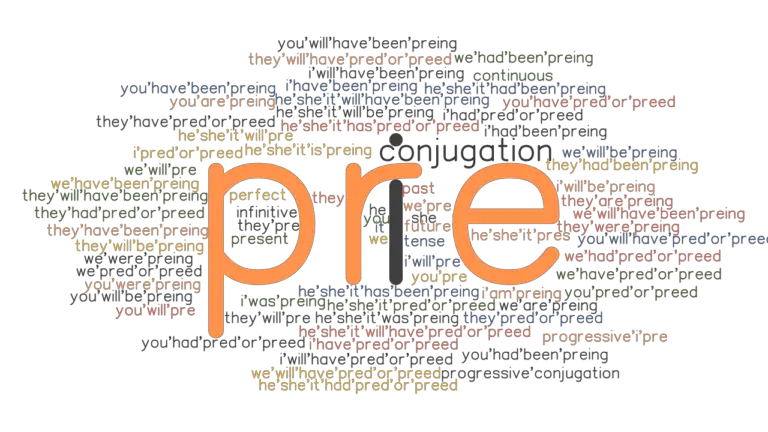

We use “at Christmas” when talking about something that happened or is going to happen during the holidays. An even better way to phrase it is “on Christmas day.” Since “on” is used to talk about specific dates, saying “on Christmas” refers to something that happens specifically on December 25th. Many people use the expressions “on Christmas” and “at Christmas,” but only one is correct.

When referring to specific parts of the day, we typically use the preposition “at.” Incorrect: My parents planned a ski trip on next December.Correct: My parents planned a ski trip next December.Incorrect: I went to visit my grandparents on last Christmas.Correct: I went to visit my grandparents last Christmas.This is an important rule to remember if you want to use prepositions of time. I had my last visit to the UK on March 18, 2015.ĭo Not Use In/At/On Before “Next” or “Last”.They were hoping to go to a party on New Year’s Eve.Sarah was supposed to meet me here at 10:30.I was planning to throw a party on my birthday.There was a lot of scientific progress in the 19th century.Here are some prepositions of time sentences: Examples of Prepositions of Time in a Sentence “On” is all specific portions of weekdays, general days of the week, specific dates, and dates labeled as specials (like Easter or Christmas). “In” is commonly used when we talk about days, longer time periods, centuries, years, months, and seasons. We use “at” when talking about a specific hour of the day, holidays, and specific time frames. There are specific scenarios for using each of the three prepositions of time. The list of prepositions of time is very short, as it only includes “in,” “at,” and “on.” When to Use Prepositions of Time

Generally speaking, “in” should be reserved for longer periods of time in both the past and future, while “at” and “on” can be used interchangeably concerning more specific points in time in both the present and past.

When choosing between these prepositions of time, it is important to consider both your intended meaning and the context in which you use them.


 0 kommentar(er)
0 kommentar(er)
